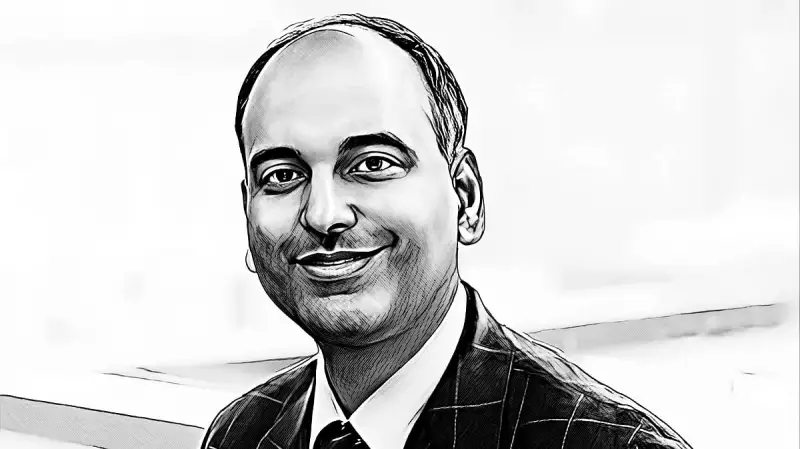
In the intricate tapestry of India's legal landscape, a profound debate is unfolding around the rights of convicts and the extraordinary power of presidential clemency. This discussion strikes at the very heart of justice, rehabilitation, and constitutional authority.
The Constitutional Conundrum
The Indian Constitution grants the President sweeping powers of clemency under Article 72, creating a fascinating legal dynamic. This authority exists as both a check on the judicial system and a mechanism for mercy, operating in a space where law meets compassion.
The Grey Zone of Convict Rights
While serving their sentences, convicts navigate a complex web of rights and restrictions. The fundamental question remains: to what extent should constitutional protections extend to those who have violated society's laws? This grey area represents one of modern jurisprudence's most challenging frontiers.
Presidential Pardon: Power and Prerogative
The presidential pardon power isn't merely symbolic—it represents a crucial constitutional safety valve. However, its exercise raises critical questions about consistency, transparency, and the very nature of justice in a democratic society.
Rehabilitation vs. Retribution
Modern penal philosophy increasingly emphasizes rehabilitation over pure punishment. Yet this shift creates tension with traditional notions of justice and society's demand for accountability. The clemency process sits precisely at this crossroads.
Legal Precedents and Future Directions
Several landmark cases have shaped the understanding of convict rights and executive clemency in India. The courts have consistently grappled with balancing individual rights against societal interests, creating a rich jurisprudence that continues to evolve.
As India's justice system matures, the conversation around convict rights and presidential clemency grows increasingly sophisticated. The challenge lies in developing a framework that respects human dignity while maintaining public confidence in the justice system.
This ongoing dialogue reflects society's evolving understanding of crime, punishment, and redemption—a conversation that will undoubtedly continue to shape India's legal landscape for years to come.





